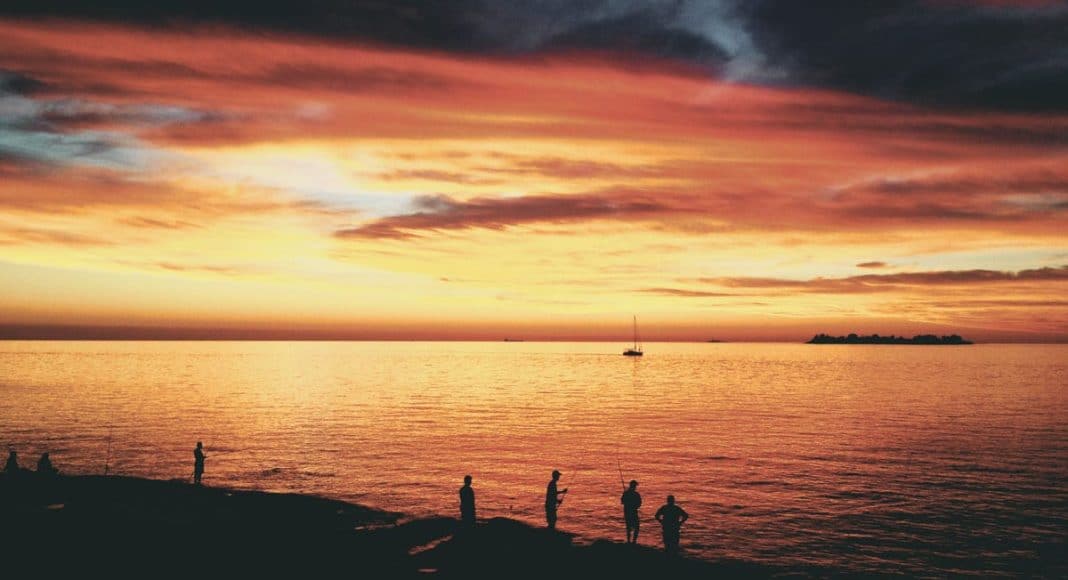The Latin American country Uruguay has become the first country in the world to legalize recreational marijuana nationally under a government sanctioned program. Uruguay is located in the southeastern corner of South America—sharing borders with Argentina, Brazil, and the Pacific Ocean. It is not without irony that a Latin American country is the first to take this unprecedented step in cannabis legalization, as countries such as Columbia and Bolivia have long been part of the international drug scene. In fact, the identity of Columbia on the world stage is practically synonymous with cocaine production. However, as Uruguay began its recreational cannabis program on Wednesday July, 19 they are setting a new precedent in the development of a regulated drug market.
While most Latin American’s are eager to lose the negative stigma of drug production and sales created in the 1980’s and 90’s, it’s worth noting as a point of comparison as progressive countries such as Uruguay implement legal cannabis use. This is because, as seen in the United States and Canada, the legal cannabis market can mean big business and large tax dollars for state controlled entities such as schools. The sort of big money that used to line the pockets of drug cartels. Interestingly enough, the Uruguayan recreational cannabis program has set forth to undercut black market prices of marijuana to take business away from illegal dealers . That being said, citizens of Uruguay (no international customers are allowed) can now purchase cannabis at pharmacies within a heavily regulated program. Moreover, Uruguayan citizens are limited to the amount of cannabis they can purchase in a week and the government has applied strict tracking systems to deter overindulgence.
The leaders of Uruguay hope that this “international pilot program” of recreational cannabis use can serve as a model for other countries considering a similar platform—essentially making a Latin American country an icon for responsible drug use and regulation. Nonetheless, and just as seen in U.S. States such as Massachusetts, the recreational cannabis program in Uruguay is not without its pitfalls and obstructions. To illustrate, some Uruguayan citizens fear that the implementation of recreational cannabis use will act as a sort of “slippery slope” by encouraging rampant drug use. However, these sorts of claims come hand-in-hand with all cannabis legalization programs the world over and are often times completely unfounded. Nonetheless, the international cannabis community will no doubt keep their eyes on the country of Uruguay in hopes of learning about the benefits and downfalls of recreational marijuana on a national scale.


